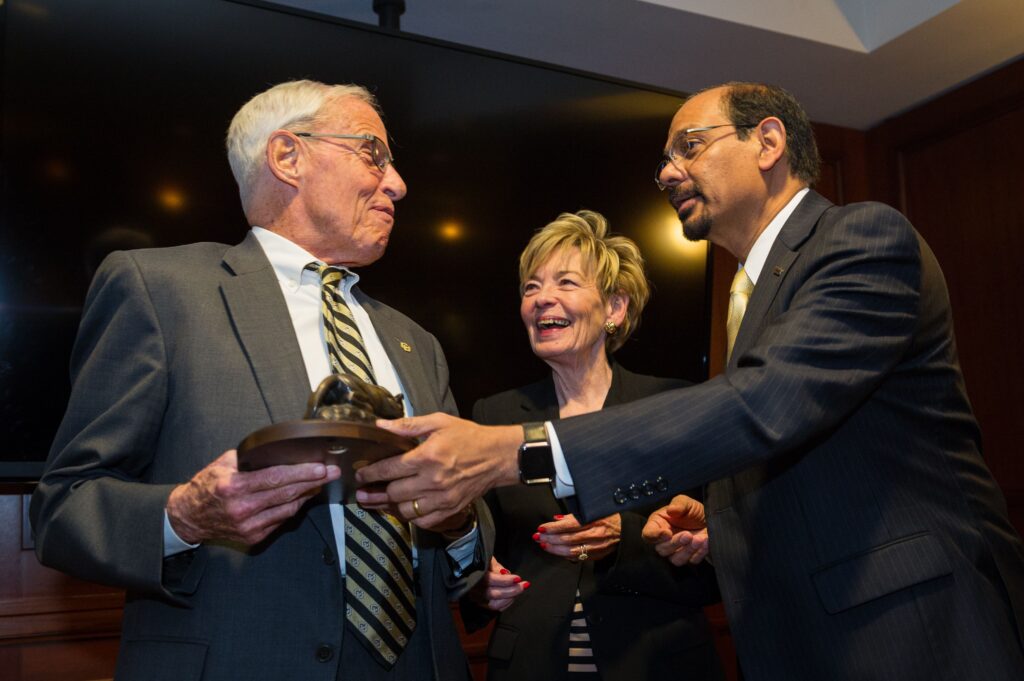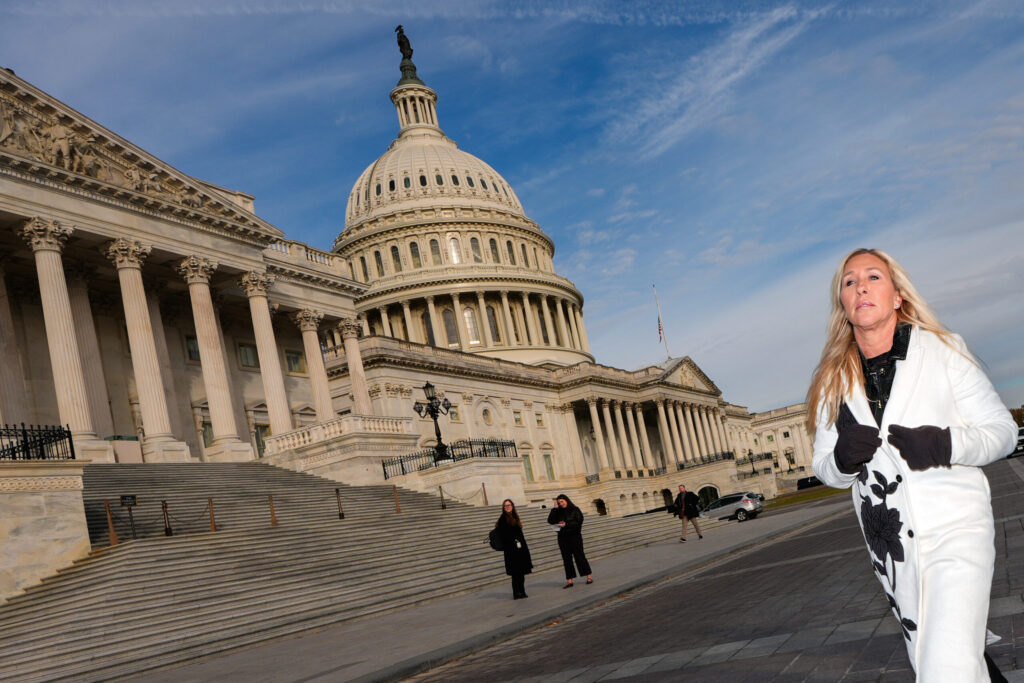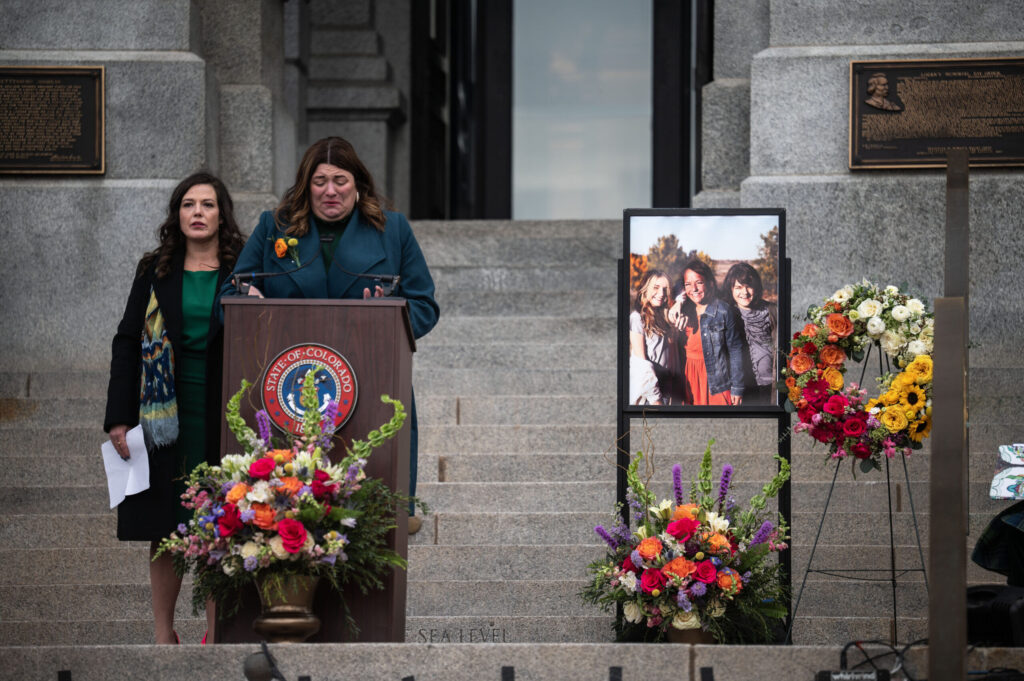Matt Arnold loses one against state GOP
In a defeat that doesn’t happen that often, Matt Arnold and his Campaign Integrity Watchdog drew a losing verdict from the Colorado Court of Appeals, when the court ruled in favor of the state Republican party on a campaign finance issue.
The appeals court ruled unanimously to overturn an administrative law judge’s decision in favor of Campaign Integrity Watchdog. But Arnold believes the ruling has implications that the state GOP might not like.
In the ruling issued Thursday, the appeals court said that payments made to the state GOP did not constitute contributions, as Arnold had alleged in a campaign finance complaint filed in May of 2016.
In that complaint, the Colorado Republican Committee was ordered to pay a fine of $4,600 for failing to report three contributions and a second fine of $100 for failing to provide information on a contributor’s occupation. The court did not deal with the latter issue.
The complaint was filed shortly after the state GOP’s 2016 assembly and convention. Campaign Integrity Watchdog alleged the party improperly failed to report three payments for vendor tables at the convention. “Because we conclude that these payments were not political contributions, we reverse that part of the order imposing a fine and sanctions” against the state party for failing to report the payments, the unanimous decision said.
Arnold told Colorado Politics that the ruling now means that political parties are also commercial enterprises, engaged in the commercial practice of selling goods and services. And that, Arnold said, could open up political parties to tax liabilities and a violation of their tax-exempt status.
The opinion looked at a narrow interpretation of one statute, he said. “I’m looking forward to the state party’s tax filing, now that they’ve been put in that spot, and to see what activities are tax exempt and which aren’t, and how much taxes they pay.”
Arnold added that the attorney for the state party, Christopher Murray of the 17th Street powerhouse firm Brownstein, Hyatt, Farber Schreck, may have argued the state party into a much more “sticky wicket” than if they’d stuck with the longstanding practice that anything received by the party is a contribution and anything going out is an expenditure. “I don’t think it was a wise or long thought-out argument” by Murray, Arnold said.
The ruling did have a silver lining for Arnold in that it affirmed previous rulings won by Campaign Integrity Watchdog. The statute previously applied only to candidate committees; the ruling means the statute now also applies to political committees, which could have implications for two cases awaiting action from the state Supreme Court, he said.
State Republican party spokesman Daniel Cole told Colorado Politics that he was “relieved that there is some clarity on the subject.” He noted that when he was the executive director of the El Paso County GOP, there was always a question about whether a plate paid for at a dinner should be considered a contribution or a payment in exchange for a good of equal value. “It’s good that the court has ruled on that,” he said.











